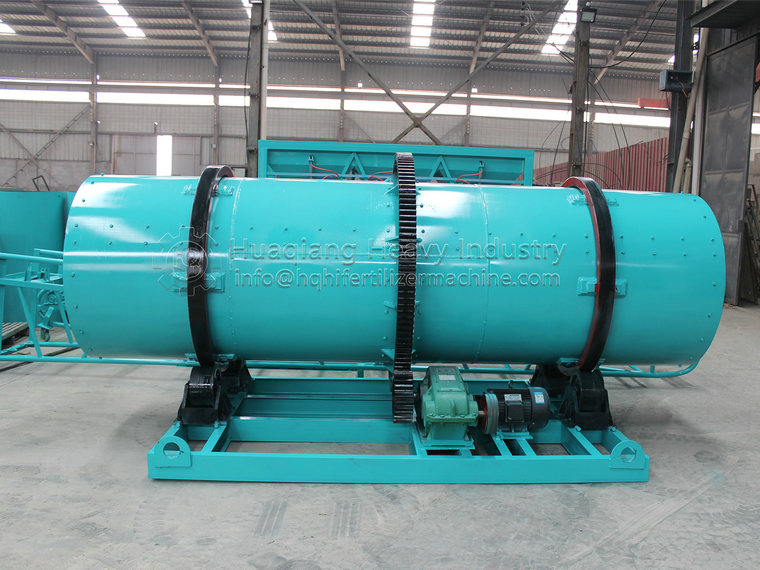What are the advantages of using organic fertilizer equipment to process cow manure as fertilizer
Using organic fertilizer equipment to process cow manure into fertilizer has many significant advantages compared to traditional fertilizers and other organic fertilizer sources:.jpg)
1. Improve soil structure
Cow manure contains abundant organic matter. During the decomposition process in the soil, it can increase the soil’s aggregate structure, improve its water and fertilizer retention ability, make the soil softer and more breathable, and promote root development.
2. Provide continuous nutritional supply
Cow manure fertilizer contains various essential trace elements for plants, such as nitrogen, phosphorus, and potassium. Through a slow-release mechanism, it can continuously supply the nutrients needed for crop growth for a long time, avoiding the problem of short-term explosive and easy loss of fertilizers.
3. Ecological balance
The use of cow manure organic fertilizer helps maintain the diversity of agricultural ecosystems, promote the activity of beneficial microorganisms, inhibit the occurrence of pests and diseases, reduce the use of pesticides, and build a healthy and natural soil ecosystem.
4. Environmental protection
Directly discharging untreated cow manure can cause environmental pollution. Processing it through organic fertilizer equipment can not only eliminate the odor and disease transmission risks caused by manure, but also achieve waste resource utilization and reduce environmental pressure.
5. Economic benefits
For livestock farms, the recycling of cow manure is an effective value-added method that reduces processing costs and creates new sources of income; For farmers, using organic fertilizers can reduce their dependence on expensive chemical fertilizers and lower production costs.
6. Policy support
Many countries and regions have introduced policies to support organic agriculture and waste resource utilization, such as subsidies and tax incentives, which have increased the attractiveness of organic fertilizer production.
7. Meet market demand
The current consumer trend tends to pursue pollution-free, organic, and green food. Products grown with organic fertilizers are often more competitive in the market, meeting the preferences of high-end consumers and increasing the value of agricultural products.
conclusion
The use of organic fertilizer equipment to process cow manure into fertilizer not only solves the problem of waste disposal in animal husbandry, but also responds to the call for sustainable agricultural development. It has a positive effect on improving soil quality, increasing crop yield and quality, and protecting the ecological environment. It is the preferred path for the development of modern agriculture.



.jpg)
.jpg)
.jpg)

.jpg)
